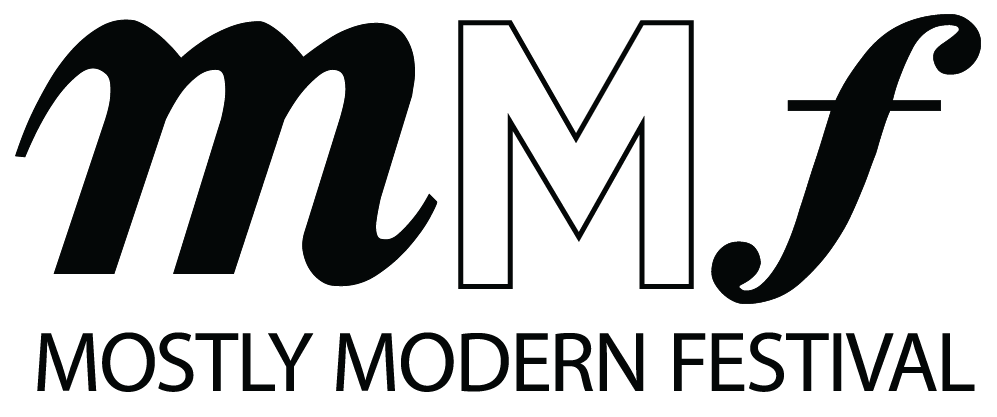Ensemble Preparation: Suggestions and Guidelines
Robert Paterson
Special thanks to the Mostly Modern Festival faculty for offering suggestions and helpful information.
“Be on time, be in time, be a good time.”
Suzy Perelman, Violinist on Broadway, Radio City Christmas Spectacular, Former Violinist, Utah and San Antonio Symphonies
At Mostly Modern, our goal is to provide a professional-level musical experience. For that to occur, all musicians must arrive at the festival prepared. The more you prepare ahead of time, both here and in the real world, the more people will want to work with you and hire you. This includes the wonderful professional conductors we hire to conduct the orchestra and other ensembles, the freelancing faculty at the festivals, and even the other participants.
Put simply, time is money.
On that note, here are a few guidelines to help to be as prepared as possible:
Before Arriving at The Festival and Before The First Rehearsal
- Get the music as far ahead of time as possible, even if it’s a PDF. If possible, try to obtain a perusal score PDF to help you mark in cues. Our librarian makes them available to everyone ahead of time. Then…
- Listen to reference recordings and study scores when available and or appropriate. Even MIDI recordings can assist in learning a piece of music. If it’s a brand-new piece, composers often have MIDI audio recordings. Even if they are inaccurate, they may give you an idea of how the piece will sound.
- Mark in cues ahead of time. Cues will often be in the part, but you may need more or more clarification. Never be afraid of marking up your part with a pencil. Mark in as much information as you need to play well. Cues can consist of musical cues, text cues (i.e., Clarinet or Play here!), rhythmic cues, etc.
- Practice with a metronome. Contemporary music often benefits from practice with a metronome. This goes for both instrumentalists and singers. There is no shame in practicing with a metronome, especially if a piece is highly rhythmic and pulsed.
- Try to have sectionals before the first rehearsal if needed.
- Rehearse together if you double a solo or part with someone, preferably before the first rehearsal.
- Ask section leaders questions ahead of time.
- Rehearsals are for learning the ensemble, not learning your individual parts. Of course, sometimes parts won’t make sense until you begin rehearsing together, but you can often learn a part ahead of time so you don’t waste time “woodshedding” your part during rehearsals.
- Practice your music at tempo and also a little slower and faster. You never know what tempo the conductor will take.
During Rehearsals
- Show up 15 minutes ahead. The conductor or composer may approach you, and the setup might change. Harpists and percussionists should arrive even earlier, perhaps 30 minutes to an hour ahead.
- Bring a pencil if you read regular sheet music.
- If the conductor has to rehearse you individually during a rehearsal to ensure you can play your individual part, you’ve probably failed.
- Look up at the conductor. There is nothing more comforting to a conductor than to see your eyes. Don’t try to prove a point that you don’t “need” a conductor when you are playing in an ensemble. There’s nothing to be gained from doing that.
- Don’t play past when the conductor stops. Certain players think playing after a conductor stops is humorous, which is very annoying. Please stop playing when the conductor stops.
- Listen to everyone around you. You might be playing too loudly if you can’t hear solo parts near you or are playing accompaniment, such as notes in held chords.
- Don’t talk during rehearsal unless you need to. Do not waste time or draw attention to yourself unnecessarily.
- Ask conductors questions during breaks or, if appropriate, ahead of time. Try not to waste valuable (and often expensive) rehearsal time with a question about your individual part or your section’s parts. Additionally, do not ask complicated questions during rehearsals; save them for the break.



